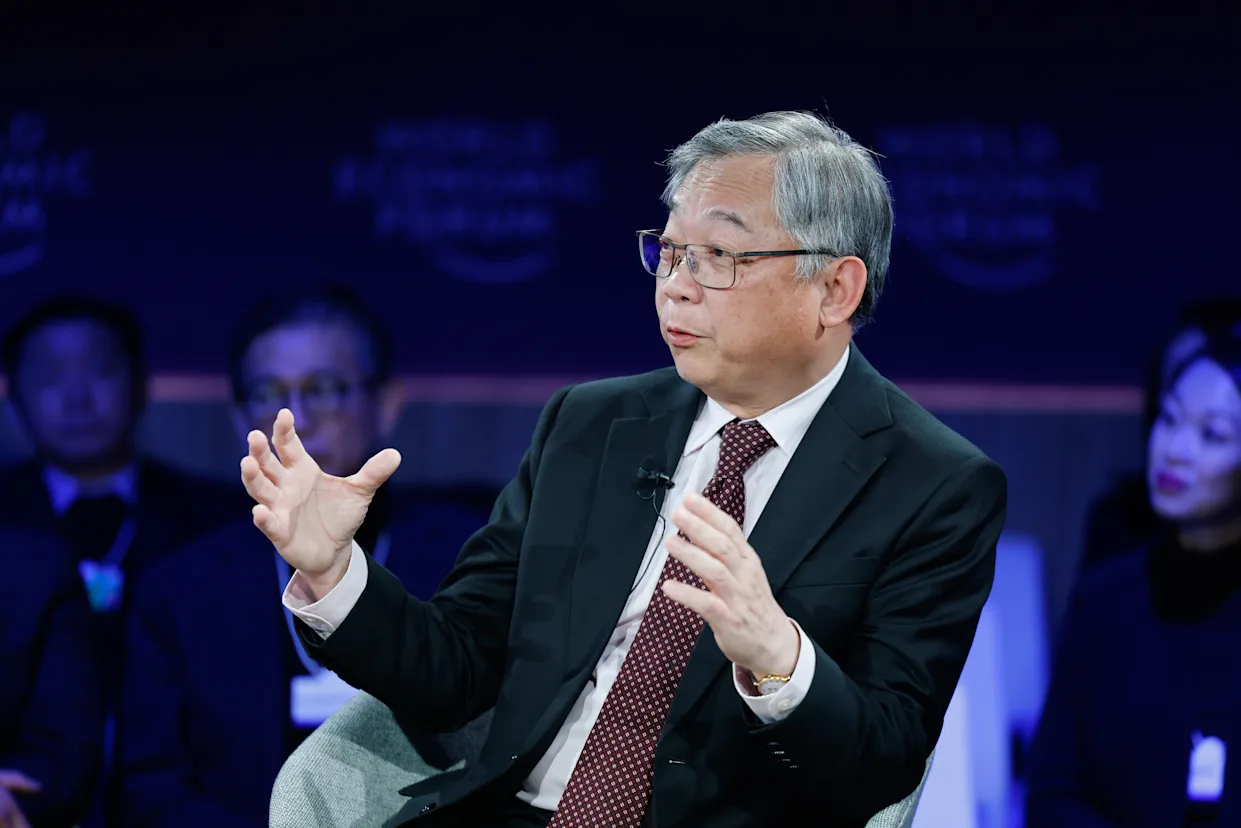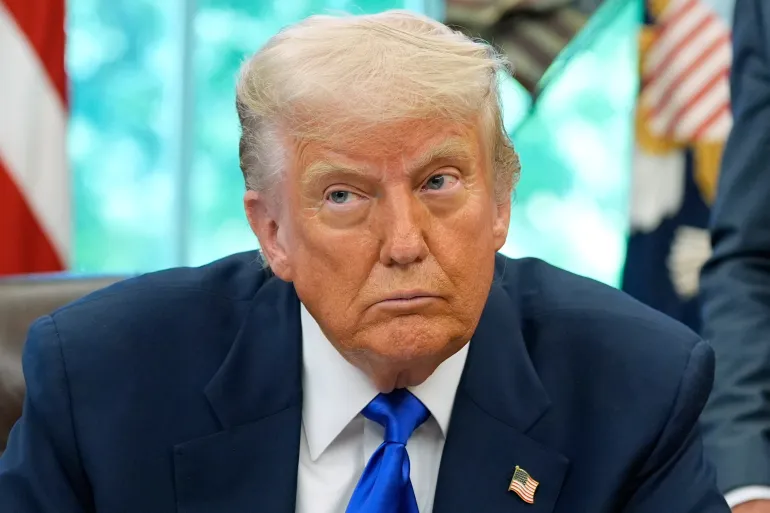Singapore’s Trade and Industry Minister Gan Kim Yong has stated that true geopolitical neutrality is “not possible” in the current global climate, as the city-state grapples with rising tensions between the United States and China. Speaking during a panel at the Nikkei Forum in Tokyo, Gan acknowledged the increasing pressure on smaller nations like Singapore to take sides in a rapidly polarizing world.
Gan’s comments reflect a significant shift in tone for Singapore, which has long emphasized a policy of neutrality and balanced relations with both superpowers. “We cannot be completely neutral because we have to make choices that align with our national interests, values, and long-term strategic goals,” he said, pointing out that these decisions inevitably place Singapore closer to some countries than others.
The minister emphasized that Singapore is not aligned with any bloc, but will support global rules-based order and international law. He stressed that the country’s choices are driven by practical considerations, including economic security, supply chain resilience, and technological advancement.
Gan noted that the era of globalization, once seen as a path to peace and mutual prosperity, is now being overshadowed by strategic rivalry. “Globalization is being tested. Supply chains are being fragmented. And trade, once the great equalizer, is now a battleground,” he warned.
The remarks come as the U.S. and China continue to engage in a multifaceted geopolitical struggle that spans trade, technology, military posture, and influence in the Asia-Pacific region. Many Southeast Asian nations, including Singapore, have been caught in the middle, trying to maintain beneficial relationships with both powers without becoming entangled in their disputes.
Gan said Singapore would continue to work with both the U.S. and China, but would also seek to strengthen ties with other regional partners to maintain strategic flexibility. He highlighted the importance of forums like ASEAN and the Comprehensive and Progressive Agreement for Trans-Pacific Partnership (CPTPP) as platforms for promoting regional cooperation and economic resilience.
He also reiterated Singapore’s support for international institutions like the World Trade Organization (WTO) and the International Monetary Fund (IMF), calling them essential in preventing a slide into economic fragmentation.
Foreign policy analysts say Gan’s statements are a clear acknowledgment of the narrowing room for maneuver that smaller countries face in today’s increasingly bifurcated world order. “The days of fence-sitting are over,” said Linda Lim, a professor emerita at the University of Michigan. “Singapore is trying to walk a fine line, but even that line is being erased by global events.”
Despite the geopolitical constraints, Gan expressed confidence in Singapore’s ability to adapt. “We are a small country, but we are not without agency. We must be nimble, pragmatic, and principled.”
His comments are likely to be closely watched by both Washington and Beijing, as well as by other countries navigating similar challenges in an increasingly divided international system.
As tensions continue to escalate globally, Gan’s remarks serve as a candid reflection of the complex balancing act that defines modern diplomacy in Southeast Asia—and the growing realization that neutrality is no longer a simple or sustainable position.
Source: Yahoo News Singapore



